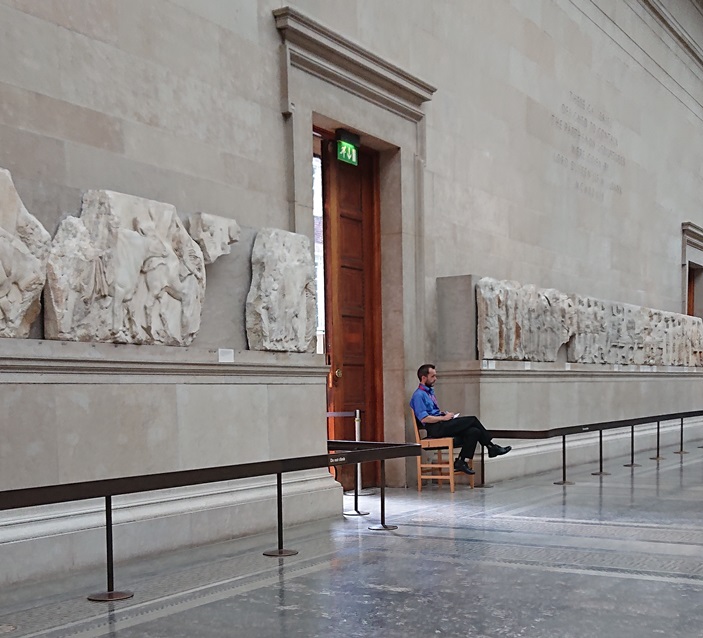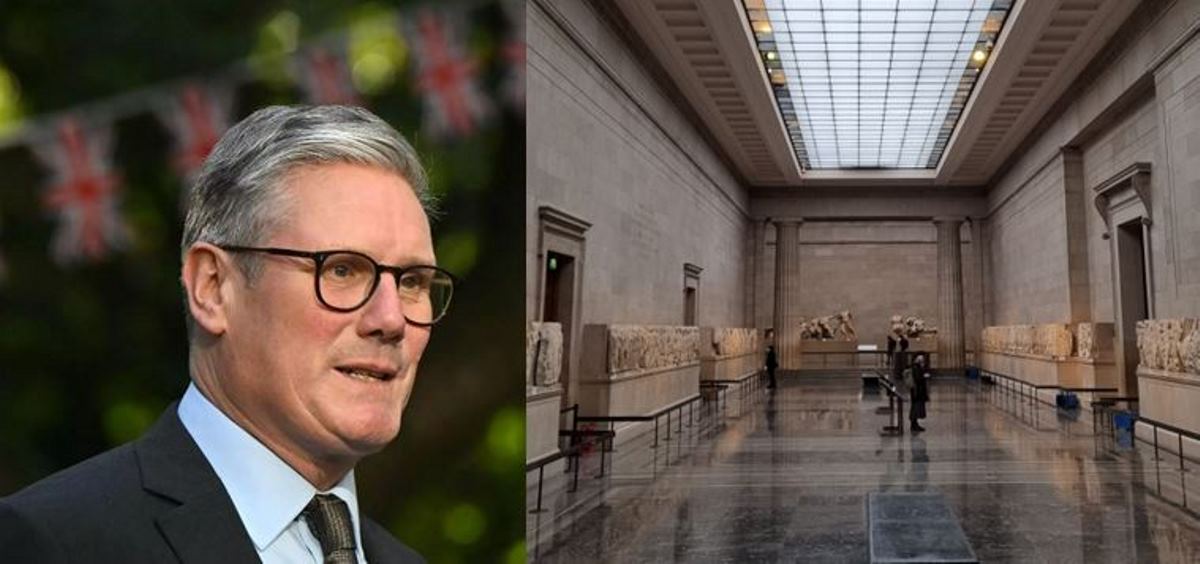Sponsors may be invited to pay for Acropolis works
Government says project will take another 16 years, 70 million euros
Dismayed by spiraling costs and a seemingly open-ended completion schedule for conservation works on Greece's most iconic archaeological site, the government is thinking of seeking private sponsorship to expedite the Acropolis project.
If the intention voiced late on Wednesday by Deputy Culture Minister Petros Tatoulis should materialize, it would constitute a major departure from the policy of the past three decades - the massive program started in 1975.
Then, the prime minister of the day, Constantine Karamanlis, had refused to accept private or foreign funding for the works as a matter of national pride, although this principle was later diluted to let the European Union help foot the bill.
A Culture Ministry statement on Wednesday said the ministry body overseeing works on the capital's ancient citadel - the Service for the Conservation of the Acropolis Monuments (YSMA) - had proposed turning to private sponsorship to help defray the costs, which in 1992-2004 alone reached 30.6 million euros in current prices.
The ministry said Tatoulis's response was «positive, in principle.»
But there is little likelihood of future visitors to the fortified hilltop, which is dotted with some of the most outstanding examples of Classical Greek architecture, facing signs where the monument's name is twinned with a corporate sponsor's logo.
«[Tatoulis] believes that sponsorship for monuments should not be allowed without a framework to lay out rules, preconditions and obligations,» the ministry said. «Publicity given to sponsors cannot overshadow the contribution of the main fund sources [i.e. Greece and the EU].»
According to the ministry, YSMA believes that the works will take at least another 16 years to finish, and will cost an additional 70 million euros - without taking into account repairs to the defensive walls or earthworks around the marble temples.
So far, since 1975, the only Acropolis monument to have been fully conserved - and partially restored - is the Erectheion temple, at the citadel's northern end. Work on the Parthenon is 36 percent complete, the Propylaea monumental gates are 50 percent finished, the Temple of Athena Nike - which has been totally dismantled - is 65 percent done, and work on the walls has advanced only 8 percent.
In December 2004, Tatoulis complained that YSMA's schedule had to be «rationalized» and rendered «credible,» and cut 4.5 million euros from the body's 10-million budget for 2005. Earlier this month, the ministry decided to charge multinational electronics giant Philips 7,043 euros for using the Acropolis in a global advertising campaign.





Comments powered by CComment